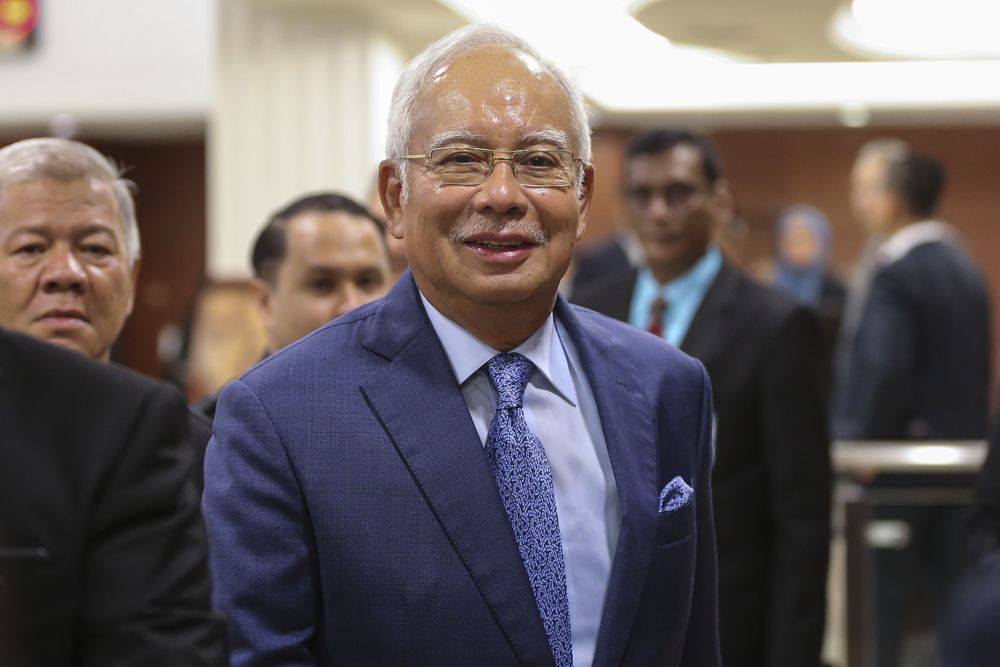KUALA LUMPUR, Jan 6 — DAP adviser Lim Kit Siang today challenged Datuk Seri Najb Razak to give his definition of success for the Orang Asli in the run-up to the January 26 Cameron Highlands by-election.
Lim, who is Iskandar Puteri MP, accused the former prime minister of failing indigenous people in the peninsula, a significant number who reside in the parliamentary constituency in Pahang, which is also Najib’s home state.
“Does Najib deny that in this modern age of the internet where information travels at the speed of light, some 20 per cent of the Orang Aslis in the Cameron Highlands constituency live without electricity?
“Can Najib define what he understands as the meaning of the full success of JAKOA?” he asked, using the Malay abbreviation for the Orang Asli Development Department.
Lim claimed Najib was too preoccupied fending off a series of financial scandals dogging his Barisan Nasional (BN) administration when he was prime minister to pay any heed to the Orang Asli
“There can be no doubt that Najib, as the sixth Prime Minister of Malaysia for eight years, had failed the Orang Asli in the country by focusing on the international 1MDB corruption and money-laundering scandal and other 1MDB-line scandals in Felda, Felcra, MARA and Tabung Haji instead of bringing the Orang Asli into the national mainstream of development.
“Is Najib prepared to compare the total amount of public funds squandered in the 1MDB scandal and the other 1MDB-like scandals with the total expenditures spent on Orang Asli development in his eight years as prime minister,” he challenged.
Najib who is Pekan MP, had lashed out at Lim and the ruling Pakatan Harapan for also neglecting the Orang Asli after taking power in the May 2018 general election by leaving the community out of its Budget 2019 development funding.
However, JAKOA refuted Najib’s allegation in a statement last night, pointing out that the current administration had budgeted RM100 million for the development and welfare of Orang Asli this year, with a focus on building and upgrading tarred roads.
The once-nomadic indigenous tribes now live mostly in settlements deep in the forested and mountainous interior along the Titiwangsa range.



















